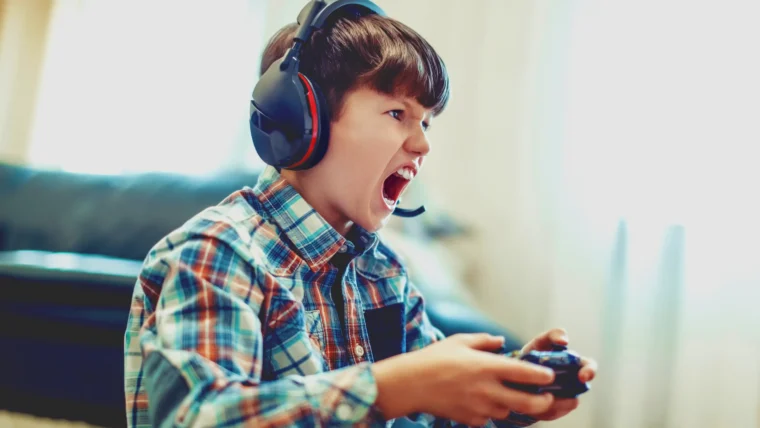In the digital age, video games have become an integral part of many people’s lives, providing entertainment, social interaction, and even educational benefits. Among the diverse array of video game genres, shooting games, which often feature intense action and combat scenarios, have garnered significant attention. While these games are undeniably popular, there is ongoing debate about how they might impact brain development. In this article, we delve into the effects of shooting games on the human brain.
1. The Appeal of Shooting Games
Shooting games, such as first-person shooters (FPS) and third-person shooters (TPS), captivate players with their fast-paced action, immersive graphics, and competitive multiplayer modes. The thrill of aiming, shooting, and strategizing against opponents can be highly engaging, leading to extended gameplay sessions. Websites like Friv5Online offer a vast selection of shooting games that cater to players seeking adrenaline-pumping experiences, further fueling their passion for the genre.
2. Enhanced Visual-Spatial Skills

One notable effect of playing shooting games is the enhancement of visual-spatial skills. These games require players to quickly assess their surroundings, identify threats, and react with precision. Research suggests that regular exposure to such tasks can improve spatial reasoning and hand-eye coordination.
3. Improved Decision-Making Abilities
Shooting games often present players with complex scenarios that demand quick decision-making. Players must weigh risks, prioritize targets, and adapt to changing circumstances. Over time, these experiences may lead to improved decision-making skills in daily life.
4. Heightened Attention and Focus
Playing shooting games can also boost attention and focus. Gamers need to maintain concentration to succeed, which may translate into improved concentration and attention span in other areas of life, such as school or work.
5. Desensitization to Violence
On the flip side, there are concerns about the potential desensitization to violence that can result from prolonged exposure to shooting games. Some argue that constant exposure to virtual violence may desensitize individuals to real-world violence and its consequences.
6. Aggressive Behavior and Agitation

The debate over whether shooting games contribute to increased aggression remains contentious. While some studies suggest a correlation between violent video games and short-term increases in aggressive behavior, the long-term effects and underlying causes are still not fully understood.
7. Balance and Moderation
As with many things in life, balance and moderation are key. While shooting games can offer cognitive benefits, it’s essential to strike a balance between gaming and other activities. Encouraging children and adolescents to engage in a diverse range of activities, including outdoor play, reading, and social interaction, can help mitigate potential negative effects.
Conclusion
Shooting games can have both positive and negative effects on brain development. They can enhance visual-spatial skills, decision-making abilities, and attention span, but also raise concerns about desensitization to violence and potential links to aggression. To maximize the benefits and minimize the risks, it is crucial to approach gaming with moderation and encourage a well-rounded lifestyle that includes a variety of activities. Ultimately, understanding and monitoring the impact of shooting games on individual brain development is an ongoing area of research in the world of video game studies.
